LATEST NEWS
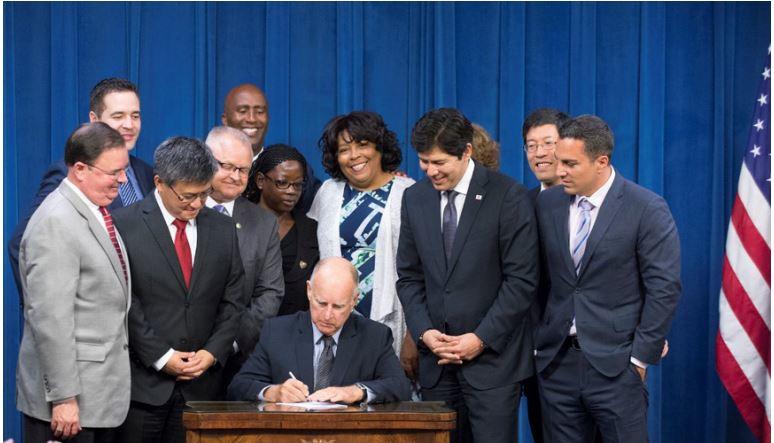

A landmark, IRA-type retirement savings program created for millions of Californians, came under threat last week when House Republicans passed a joint resolution aimed at blocking states from setting up such payroll savings plans.


Last Monday the Senate Republicans confirmed Wall Street predator Steve Mnuchin to oversee America’s financial industry. Across the country, bankers and hedge fund managers poured champagne while showing clips of Michael Douglas’ “greed is good” speech from the film Wall Street.
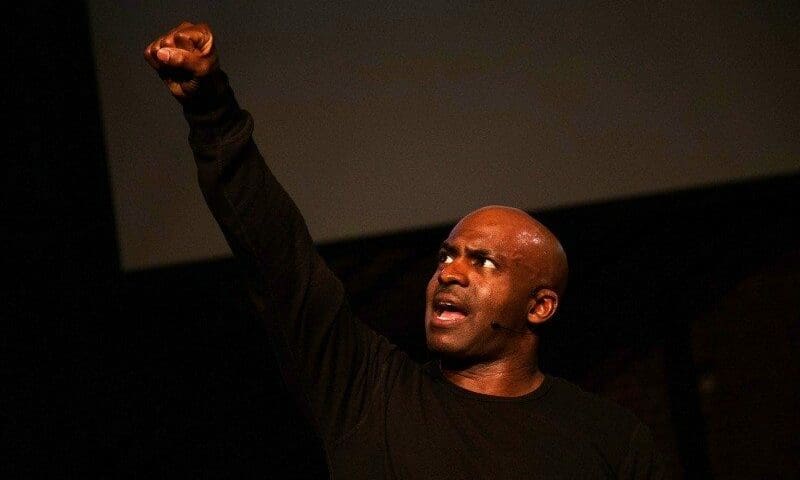

Somewhere in the middle of Bryonn Bain’s soulful one-of-a-kind show, the playwright/poet/performer recounts an interview between himself and a public defender.
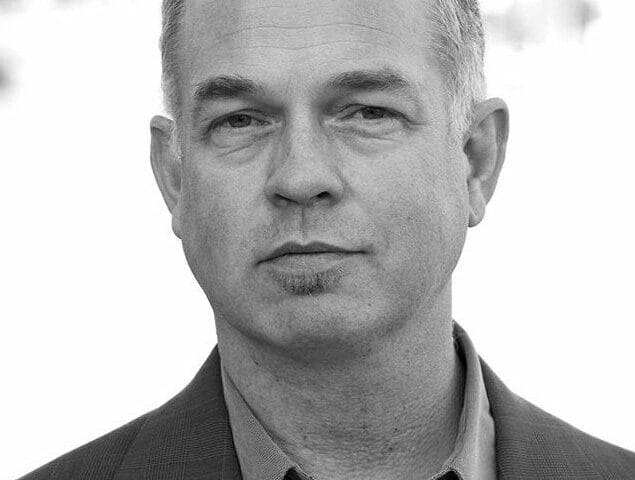

Gay historian, activist and kindhearted bohemian bon vivant, Stuart Timmons passed away peacefully on a recent Saturday morning, not long after recovering from a bout with pneumonia.


Filing taxes used to be a routine process for Tanya James -– until the Great Recession upended her financial life.
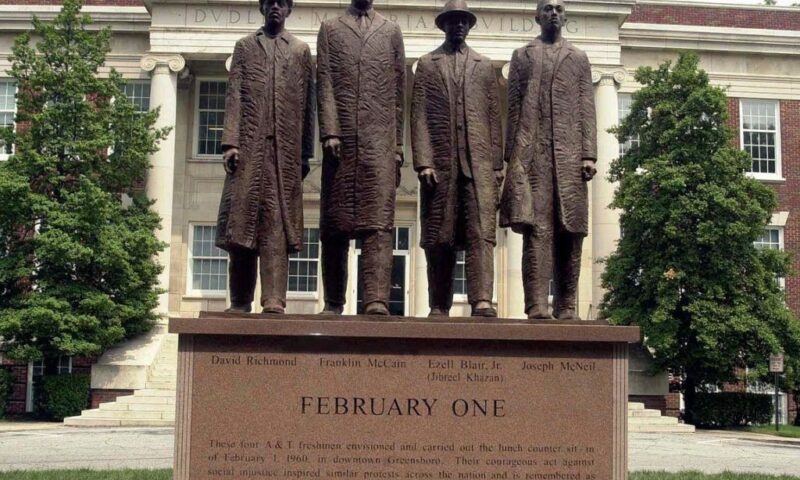

Late in the afternoon of February 1, 1960, four young black men — Ezell Blair Jr., David Richmond, Franklin McCain, and Joseph McNeil, all students at North Carolina Agricultural and Technical College in Greensboro — visited the local Woolworth five-and-dime store.


President Trump already has some congressional Republicans worried about his ability to stay on message. But the president’s federal government hiring freeze sends an age-old conservative message loud and clear.


Capital & Main reports on the high-wire act of Donald Trump’s controversial choice for education secretary, and the Republicans who must choose between the president and the interests of their constituents.


Co-published by Newsweek
One day after President Trump signed an executive order temporarily canceling the travel visas of citizens from seven Muslim-majority countries, and of refugees all over the world, two U.S. Congresswomen paid a visit to the Tom Bradley International Terminal at LAX.


The Merriam-Webster dictionary defines fellowship in various ways: as companionship, as a community of interest or experience, as a company of equals or friends, among others. These definitions serve as prologue to Julie Marie Myatt’s immersive stage play, fellowship


“This week we’re reading about the beginning of the 10 plagues against Pharaoh,” says Rabbi Neil Comess-Daniels, standing on the crowded sidewalk outside LAX’s Tom Bradley International Terminal.


The author Sam Keen once told me that James Donaldson was the only person he ever knew who became a social worker because he needed the money. But when Donaldson shaped this city – and changed my life – social work was still in his distant future.
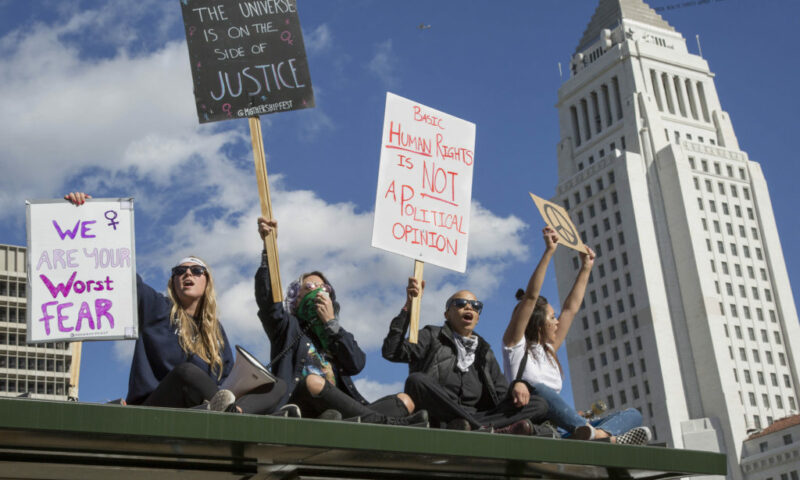

How people traveled to the Women’s March in downtown Los Angeles was itself extraordinary and could make January 21 the date that transit re-established its role as central to the L.A. experience.


Video of protests against the Trump administration’s travel ban.


Anti-immigration decrees marked the first week of a shock-and-awe rollout of Trump initiatives to build a 1,900-mile wall along the border with Mexico, to cut off federal funds to “sanctuary cities” and to ban refugees from seven Muslim-majority countries.


Ed Simpson’s play, Periphery, opened in L.A. in honor of Black History Month – but also on the same day that massive crowds of protesters flooded the streets in cities across the nation against the newly inaugurated President Trump.


As workplace protections have come under attack, California has created labor-organizing models to resist attempts to erode labor standards and impose right-to-work measures.


As Oklahoma’s attorney general, Scott Pruitt pinned his career on fighting laws and regulations that stood in the way of agricultural, mining or energy interests. Now he’s Trump’s pick to lead the EPA.
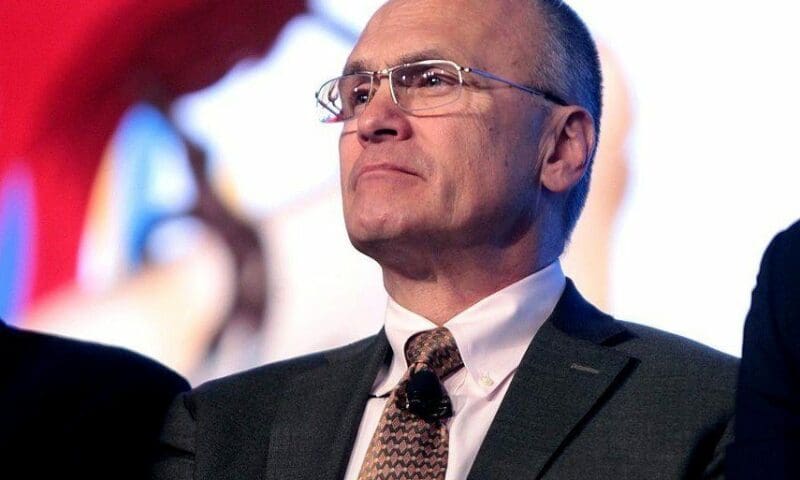

Co-published by Newsweek
Last month, when then-President-elect Donald Trump named fast-food CEO Andrew Puzder to head the U.S. Department of Labor, many observers were left scratching their heads.
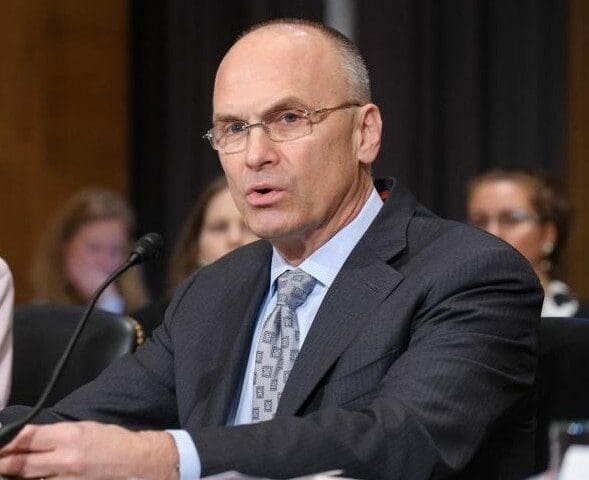

Co-published by International Business Times
Wrongful-termination lawsuits suggest the fast-food CEO’s company found women and veteran managers inconvenient.